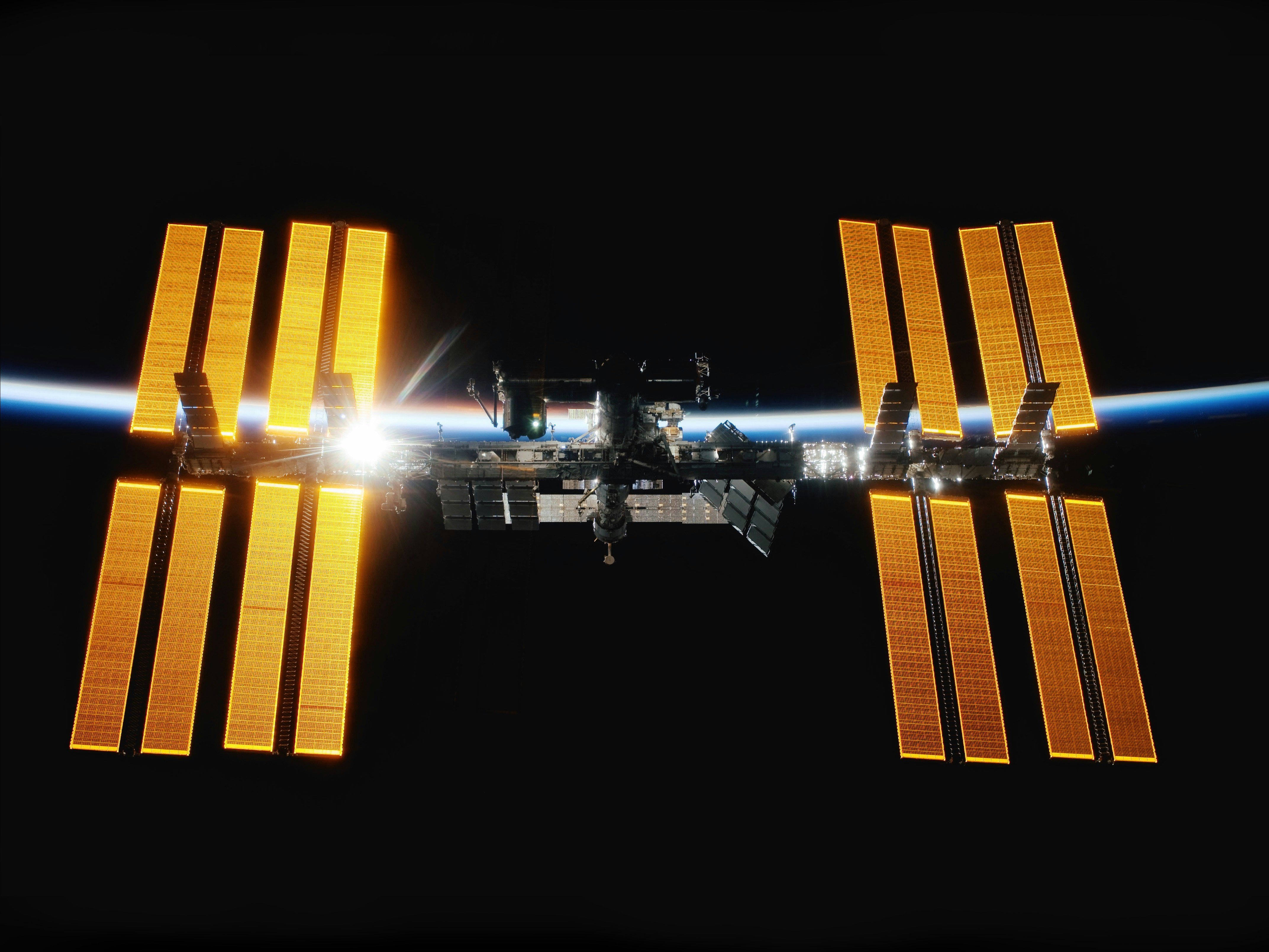Proposal Follows Lawmakers’ Push To Preserve At-Risk Mission
Today, U.S. Senators Chris Van Hollen and Ben Cardin and Congressman Steny Hoyer (all D-Md.) announced that the National Aeronautics and Space Administration (NASA) is restarting the Global Ecosystem Dynamics Investigation (GEDI) for climate change research on the International Space Station (ISS). It was initially scheduled for de-orbiting in early 2023 in order for a Department of Defense (DOD) technology demonstration, STP-H9, to take its dock. In response to the lawmakers’ urging both in writing a letter to and meeting with NASA Administrator Bill Nelson, NASA agreed to place GEDI in storage aboard the ISS – instead of de-orbiting it to incinerate in the atmosphere – while STP-H9 completed its mission. With STP-H9 now concluded, GEDI is being recommissioned after a 14-month pause and will resume collecting data this summer.
“From its critical vantage point above earth’s atmosphere, GEDI has been a key tool for collecting a wide range of data on climate change. We are grateful that NASA saw the value in its mission and worked with us to keep it alive. Now that it will be recommissioned, GEDI can finish its job and leading researchers at the University of Maryland and around the world can count on the vital data it provides to inform our efforts to combat the climate crisis and more,” said Senator Van Hollen.
“The return of NASA’s Global Ecosystem Dynamics Investigation (GEDI) to its original location aboard the International Space Station (ISS) is exciting news for Maryland and the incredible minds at the University of Maryland and NASA Goddard. Through their collaborative efforts, GEDI has provided new insights into our home planet and the effects of climate change. With GEDI’s return to operation, we will have another decade of state-of-the-art observations of our forests and habitats. GEDI’s ongoing success is a testament to what is possible when academia and government partner together to create new possibilities,” said Senator Cardin.


